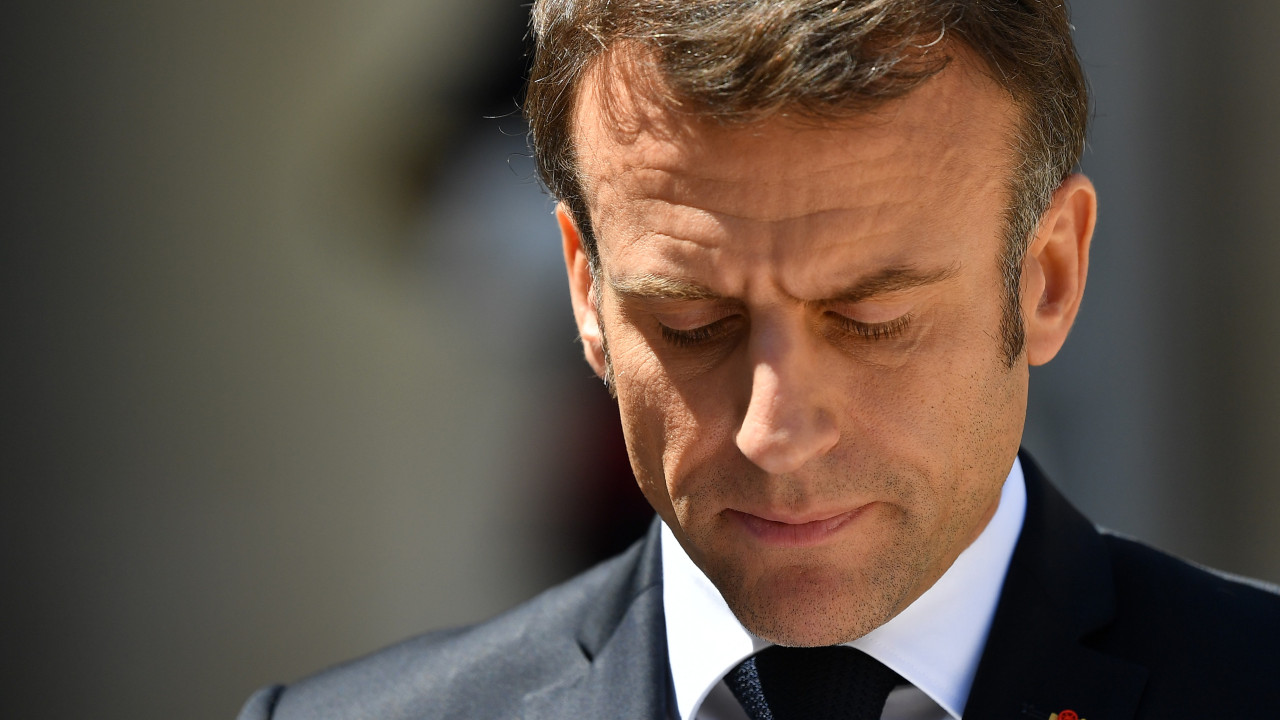
TWith the deadline for submitting candidacies today, at 6pm local time (5pm Lisbon), a good number of the executive’s “heavyweights” want a place in the next National Assembly, starting with the outgoing Prime Minister, Gabriel Attal .
Among the candidates are also the Minister of the Interior, Gérald Darmanin, the Minister of Foreign Affairs, Stéphane Séjourné, the Minister of Agriculture, Marc Fesneau, the Minister of Health, Frédéric Valletoux, and the Minister of Tourism and Consumption, Olivia Grégoire.
Some important figures are not on the lists, namely the head of the Economy and Finance portfolio, Bruno Le Maire, who has been the Government’s ‘number two’ since Macron won the presidential election in 2017.
Le Maire explained that he had promised a long time ago that he would not be a deputy for more than three legislatures and that he is “a man of his word”.
Neither will the Minister of Defense, Sébastien Lecornu, the Minister of Justice, Éric Dupond-Moretti, nor the Minister of Culture, Rachida Dati, who until joining the Macron Government at the end of January this year, he was a leading figure of The Republicans (LR, the traditional party of the French right).
This large presence of Government members on the electoral lists illustrates the desire to use public notoriety to turn around the polls for the June 30th and July 7th elections, which present a very adverse scenario for the centrist presidential bloc.
These predict a victory for the far-right National Union party (RN, in its French acronym), with more than 30% of the votes in the first round, followed by the new Popular Front, which brings together left-wing parties, with between 25% and 28%, and, in third place, Macron’s bloc, with less than 20% of the votes.
From then on, the question will be to see how this will translate, in the second round, into the distribution of the 577 parliamentary seats, which are elected in single-member constituencies.
The agreement to create the Popular Front defined the distribution of candidates among the four formations that make up it: Unsubmissive France (LFI, in its French acronym), by Jean-Luc Mélenchon, received 229; the Socialist Party (PS) with 175, the Ecologists with 92 and the French Communist Party (PCF) with 50.
Mélenchon is not a candidate and, although last Wednesday he said he would be willing to be prime minister if the left won, today, given the discomfort generated by his personality in the other parties in the coalition and even in a sector of his own party, assured that it will “never” be a problem, implying that he will put his ambitions aside.
But there are leaders from other Popular Front parties, such as Olivier Faure, from the PS, Marine Tondelier, from the Ecologists (albeit as a substitute) and Fabien Roussel, from the PCF, who are part of the lists.
Former President of the Republic François Hollande (who was at the Élysée between 2012 and 2017) was also included on the PS list in his former electoral fiefdom, Corrèze, despite his repeated clashes with Faure and his criticism in the past of any alliance with the LFI.
Pressured by his Popular Front partners and even by many voices from the LFI, outgoing deputy Adrien Quatennens, whose presence was controversial, as he was sentenced in 2022 to four months in preventive prison for having beaten his wife, withdrew his candidacy.
As for the controversial agreement signed this week between Marine Le Pen’s RN and the president of LR, Éric Ciotti, without the knowledge and against the will of the majority of the latter party’s leaders, it is still too early to fully assess its scope.
This agreement provides that the RN will not present candidates in 70 electoral districts, in which it will appeal to vote for a candidate chosen by the LR faction that supported Ciotti. But it doesn’t seem that there are any big names among the candidates proposed by LR in these circles.
Furthermore, the LR sector that condemned the alliance with the RN chose to present competing candidacies to those proposed by Ciotti, and Ciotti himself will have an LR opponent in his constituency, Nice.
Read Also: Tens of thousands of people on French streets against extreme right
Download our free App.
Eighth consecutive year Consumer Choice for Online Press and elected product of the year 2024.
* Study by e Netsonda, Nov. and ten. 2023 product of the year – pt.com
Source: https://www.noticiasaominuto.com/mundo/2581170/franca-governo-avanca-para-eleicoes-com-candidaturas-de-24-dos-membros



